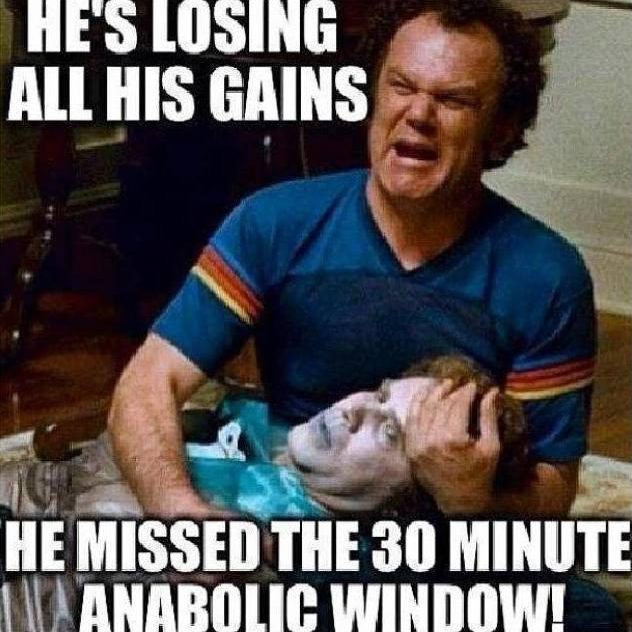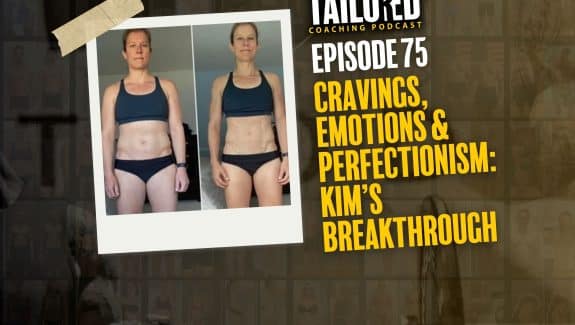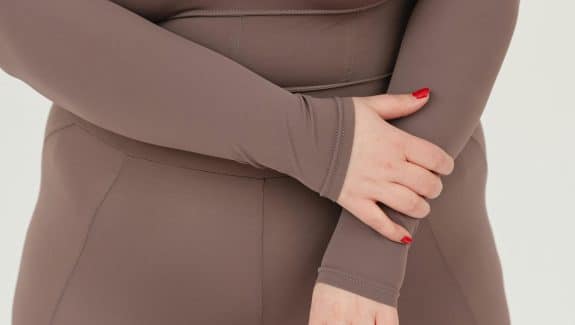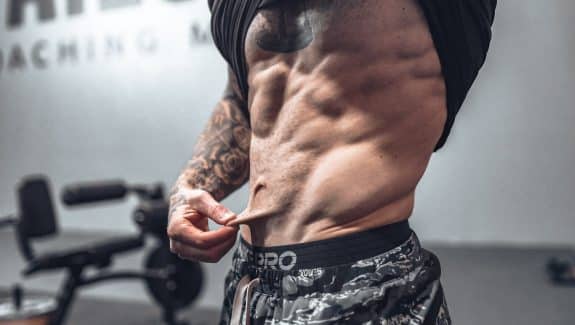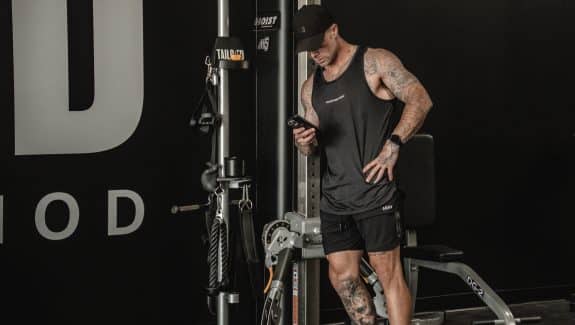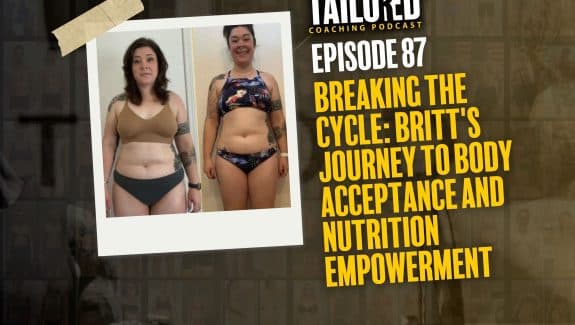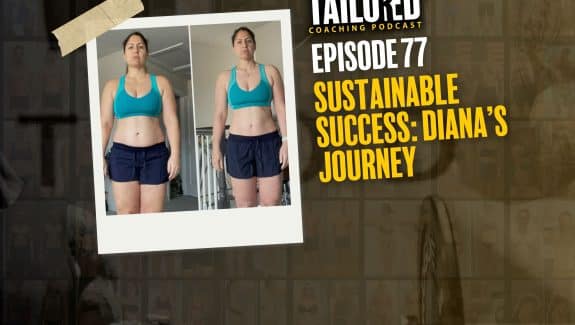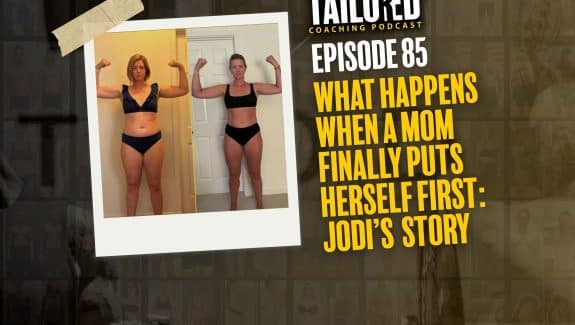The great debate of fitness nutrition has always been Nutrient/Meal Timing.
I get so many questions asked about what to eat pre and post workout, should I eat carbs at breakfast, can I eat carbs at night, how many meals a day do I need to eat, how many hours between meals and the list goes on.
Well the truth is, it depends. There’s never one specific answer that works for these questions and to be honest it’s more about your overall diet rather than one specific meal or nutrient timed perfectly around your workout.
It always comes down to one simple factor, calories in vs. calories out. At the end of the day, did you meet your calorie and macronutrient goals? If so, then you’re good. No matter how many meals that was or how much time was between each of those meals.
Now do I think having a specific meal timing regiment can be beneficial? Absolutely and I always suggest it. I have most of my clients on 5-7 meals a day and it has seemed to work the best in my opinion.
If you have a set amount of meals with set times, there’s very little room for error and it holds you more accountable of meal prepping. Many people who don’t do this end up stopping somewhere to eat or eating outside their diet simply because they are not prepared to eat.
Now you wont necessarily lose more weight eating 6 meals vs. 3 or 4 meals a day, but if having a planned out 6 meals per day with specific times for each meal you will most definitely lose more weight.
In my opinion sticking with 5-6 meals is also better because you don’t overeat as much, your typically never starving or dying for that next meal and being in a state of satiety all day will help reduce stress levels, your metabolism is more likely to be burning and you are more likely to have solid sustained energy throughout the day which will results in better training performance as well.
Note that I do not have studies showing these to be 100% tested and proven, but I have worked with hundreds of clients and used these strategies upon my own journey and with my experience it gives me these opinions upon meal timing.
The big one with meal timing is always pre/post workout nutrition. If your familiar with how typically post workout shakes have been approached in the past it has always been about “The Anabolic Window”, which was said to be 30-45min after training.
They had done short term studies that showed within this timeframe of training your body was primed for absorbing nutrients and it was the most efficient you to take in your fast acting carbs and proteins.
This left people chugging post workout shakes before they could even catch their breathes after lifting! Well thank god we’ve studied this thoroughly and have came to the conclusion that it is not just a 30-45min window of opportunity for you to get those “Gains” as the gym bro would say.
Recent studies have shown that you actually have about 2 hours before and after your workouts when your body is “Primed” for absorbing these nutrients and another study has shown that protein synthesis is actually present within the body for up too 36 hours post workout. So really guys, there is no major rush here!
Now I do believe that a pre-workout meal consumed within the 2 hour window will help your training have better intensity and for me personally I’ve found that its about 30 min before. But the key here is not to stress, if you cant get it within that exact time frame don’t worry and still go train your ass off!
Training hard and being stress free is the key here. After all we are doing this to look and feel good, not to hate the process and dread each step it takes.
So what are my suggestions with pre/peri/post workout nutrition?
- If you can get a good solid meal within the 2-hour pre workout window, then do it. If not go with a high quality protein shake or nothing at all, just train.
- Don’t worry about sucking down a post workout shake directly after training, in fact stop wasting your money on shakes at all! I suggest all my clients to go home and cook a meal filled with whole proteins and a clean starch.
- If you feel sluggish during training, especially if muscle gain is your goal, add a fast acting carb drink during your sessions.
- Most importantly don’t stress! Eat clean and meet your macro’s, then you will see results.
- For more on this subject check out my article, Top 4 Nutrition Questions, Answered.
Last but not least…. BREAKFAST!
Intermittent fasting is a huge trend right now and I myself had practiced it for a long time and am truly a fan of the diet. With this diet as most of you know, you skip breakfast.
Whenever you tell someone this they instantly think, “But breakfast is the most important meal of the day?! Mom said so!”
And I was that guy as well, but the truth is it isn’t the most important meal of the day. Studies have gone both ways and shown many different things.
A recent study showed that people who ate a large breakfast upon wakening actually lost more weight, lost more inches off their waist, improved insulin sensitivity, improved glucose control and showed to be more satisfied throughout the day… DAMN! Better start eating breakfast! But wait….
Another study done for intermittent fasting subjects who skipped breakfast and ate a feast style dinner showed completely opposite.
In this study, done with people acting in consistent resistance and aerobic training, it was shown that the subjects gained more muscle but lost an equal amount of fat as the breakfast study subjects. On top of that, a long-term study was shown that waist circumference was improved when the subjects feasted and saved all carbohydrates for dinner/night time meal. To throw the icing on the cake, studies have shown that men have better hormone functions (testosterone, GH, cortisol, etc.) when practicing intermittent fasting.
So once again the studies go back and forth but neither has shown a definite answer to which is better.
My advice is simple and effective, do what works for you. There is no need to stress about or decide on one exact meal timing strategy over the other because creating too much stress over your diet will only cause disturbance with hormonal balance, which in turn will lead to ineffective results anyway.
So if you feel better and stronger by eating breakfast, by all means eat it and if not then go ahead and skip it!
If your schedule allows six meals per day and it keeps you satisfied over the course of your day, then stick to the plan.
If you like 3 big meals and have no problem keeping it at that, perfect.
If you need pre workout carbs to fuel your workout, then do that so you can perform at your best. If you want to burn a little extra fat and don’t mind training a little bit depleted, even better.
The point is there is no answer and you need to find out what works for YOU, don’t listen to the bro science and get confused. In fact don’t get overwhelmed with the real fitness science either because that is still always a per case study and everyone is different.
Like I said at the beginning, at the end of the day it is Calories IN vs. Calories OUT and keeping your Macronutrient Balance where it should be for your body and your goals.
If you need help figuring out what the best calorie limit, macro balance and meal split for you to reach your goals is please contact me at [email protected] as I am running a limited 8 Week Nutrition Coaching Program that includes a meal plan, support and accountability with weekly progress updates to ensure you’re progressing towards your goal.
Until next time, Boom-Boom out!
References:
- Aragon AA, Schoenfeld BJ. Nutrient timing revisited: is there a post-exercise anabolic window? J Int Soc Sports Nutr. 2013 Jan 29;10(1):5.
- Brown AW, et al. Belief beyond the evidence: using the proposed effect of breakfast on obesity to show 2 practices that distort scientific evidence. Am J Clin Nutr. 2013 Nov;98(5):1298-308.
- Astbury NM, Taylor MA, Macdonald IA. Breakfast consumption affects appetite, energy intake, and the metabolic and endocrine responses to foods consumed later in the day in male habitual breakfast eaters. J Nutr. 2011 Jul;141(7):1381-9.
- Ho KY, et al. Fasting enhances growth hormone secretion and amplifies the complex rhythms of growth hormone secretion in man. J Clin Invest. 1988 April; 81(4): 968–975.
- Keim NL, et al. Weight loss is greater with consumption of large morning meals and fat-free mass is preserved with large evening meals in women on a controlled weight reduction regimen. J Nutr. 1997 Jan;127(1):75-82.

